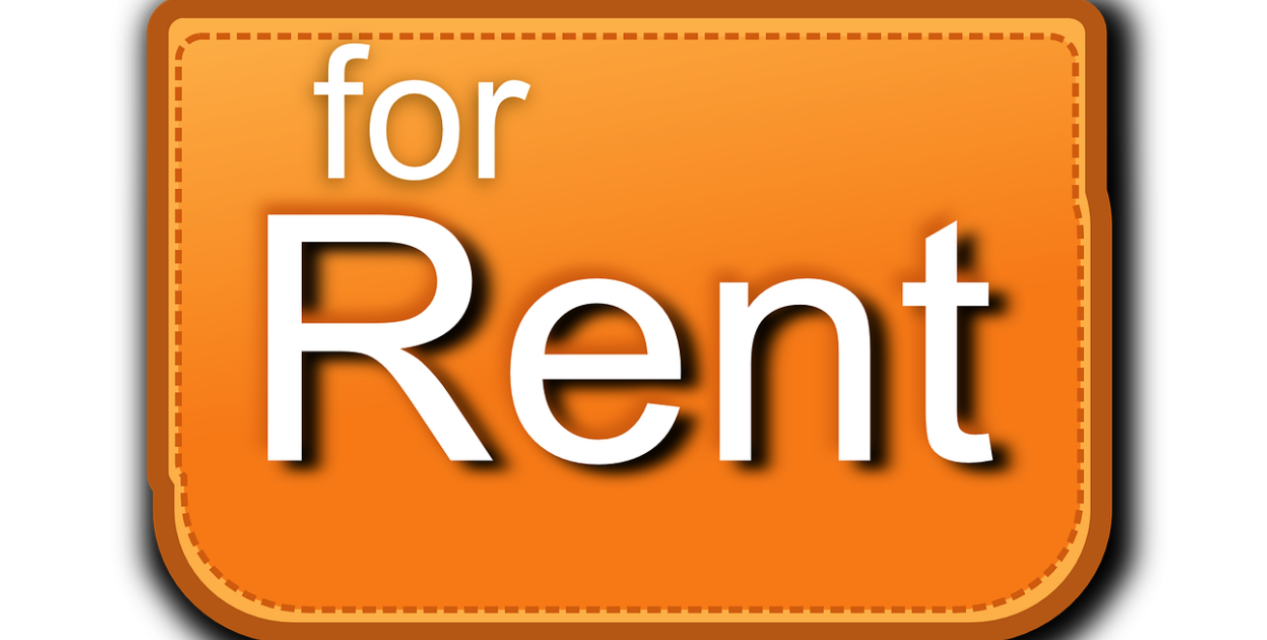The City of Greensboro has brought its Emergency Rental Assistance Program – known as ERAP – to a close this fall after four years of operation and more than $19 million in aid distributed.
The program was created in 2021 using federal funds from the US Department of the Treasury to help renters weather the financial hit from the COVID-19 pandemic. Over its life, ERAP provided rental and utility assistance to 3,313 Greensboro households – keeping families in their homes and sparing many tenants from eviction and the credit record damage that often follows.
The Greensboro Housing and Neighborhood Development Department managed the initiative, with supportive housing analyst Elizabeth Danley serving as program manager. Danley said this week that she was proud of the work but pointed out that many local residents still struggle to afford housing.
“While it’s a huge accomplishment to see a program from start to finish,” she said, “there’s still a large percentage of families in our community struggling to keep a roof over their heads.”
In 2024, the City of Greensboro forged a partnership with Legal Aid of North Carolina to extend eviction clinic hours from two to four days a week. That expansion meant that more tenants entering housing court could get legal advice and representation before losing their homes.
The eviction clinics will continue to operate at the Guilford County Courthouse in downtown Greensboro – 9 a.m. Mondays through Wednesdays and 1 p.m. Tuesdays through Thursdays.
While ERAP was always meant to be temporary, the city is continuing other housing initiatives aimed at stability and long-term growth. Greensboro offers down payment assistance and counseling programs for first-time homebuyers, helping families move from renting into ownership. The goal is to make homeownership accessible for those who can afford monthly costs but who lack the upfront resources needed for a purchase.
The city also runs a variety of homeowner assistance programs. Emergency repair funds are available for low-income residents who suddenly find themselves dealing with broken heating systems, leaking roofs or, say, unsafe electrical wiring. Rehabilitation programs help preserve older housing stock by covering the cost of upgrades and renovations – which not only improves safety but also strengthens neighborhoods where aging homes are common.
Greensboro’s fair housing program plays a different role: enforcing anti-discrimination protections and educating both landlords and tenants on their rights and responsibilities. The city provides staff support to residents who believe they’ve been the victim of housing discrimination and works with community partners to promote compliance with federal and state fair housing laws.
On the neighborhood level, the department supports redevelopment efforts by coordinating with nonprofit and private partners. Investments in infrastructure, housing rehabilitation and community facilities are intended to improve quality of life in some of the city’s most challenged areas. These projects often overlap with broader goals of economic development, public safety and affordable housing expansion.
The city also provides support for homeless services, including partnerships with local agencies, to create transitional housing opportunities and to link individuals with case management and resources. While Greensboro doesn’t operate a shelter directly, it coordinates with nonprofits and regional partners to keep people connected with housing solutions.
More information on Greensboro’s housing initiatives is available at www.greensboro-nc.gov/HND.


The last paragraph says it all, WE’RE CREATING A NEW DEPARTMENT TO CREATE HOUSING SOLUTIONS, EVEN THOUGH WE ALREADY HAVE REDUNDANCY IN SEVERAL OTHER DEPARTMENTS, CREATING AND MANAGING HOUSING SOLUTIONS
invite them to live with YOU tell them ‘your friends n family should be happy to help you . eat what you grow .
This article gives me the impression the content was created (fully or partially) by others and sent to you to post. Am I right or wrong?
Many stories in all publications are based on press releases from municipalities, schools and organizations, etc. if they are known to be reliable sources. Other stories are not. Much of the information in this story was obtained in a press release from the city. But, no, I wrote it and I decide what stories we run.
everything in my head came from somewhere else & then ‘amalgamate’ it then translate again with speech, prose music etc. all my content was created (fully or partially) by others eg dictionaries, encyclopedias, movies, teachers, direct observation, tv, radio . . . when u speak to me you might hear my mother respond ?
Unfortunately this is going to lead to a rise in homelessness. Prevention through rental assistance is extremely cost effective and proven to work.
And city and county are still raising taxes on the citizens. A lot more freebies are going to be needed. What assistance is going to be available after the next tax rape in 2026?